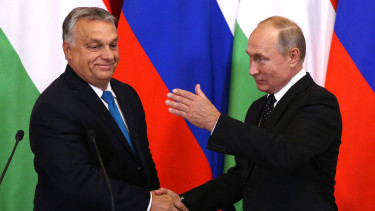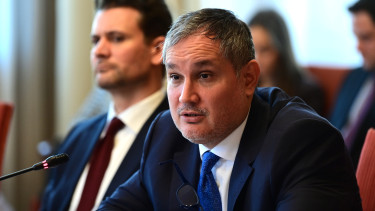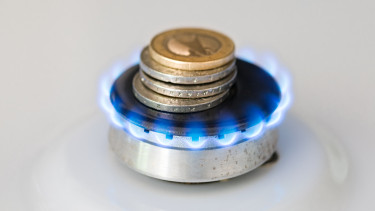EU closes external borders for 30 days

We agreed to reinforce our external borders by applying a coordinated temporary restriction of non-essential travel to the EU for a period of 30 days,
Michel said
It is now the job of European countries to close borders to non-EU citizens, European Commission President Ursula von der Leyen said at the joint press conference. Exemptions includ long-term EU residents, family members of EU nationals, diplomats, doctors and researchers working on containing the health crisis, she added.
"We need to ensure passage of medicines, food and goods and our citizens must be able to travel to their home countries. Adequate solutions for cross-border workers will be found," Michel said, adding that he welcomed the Commission’s decision to adopt the prior authorisation for export for medical equipment. Also, the EU will buy healthcare equipment, including facemasks and respirators, in a joint public procurement process.
During the video conference, leaders of EU member states encouraged the Commission's efforts to support research and to set up a team of science experts to coordinate containment measures. The finance ministers of members have been tasked with following the economic and financial developments and to give immediate and coordinated political reactions to fast-changing situations.
At the press conference, Michel also announced that the European Council will not hold its upcoming session in Brussels next week.
We will meet with the leaders of EU member states again in a video conference next week,
Michel told the press.
Ensuring the free flow of goods and workers in the internal market is essential, von der Leyen said. Member states have approved so-called green lanes to give priority to the transport of goods, like medical goods, perishable goods, notably food and emergency services inside the internal market.
EU leaders have also agreed on more flexible rules regarding state subsidies to private companies during the crisis, allowing member states to offer direct grants or tax advantages of up to EUR 500,000 to a company.
Cover photo: Shutterstock












